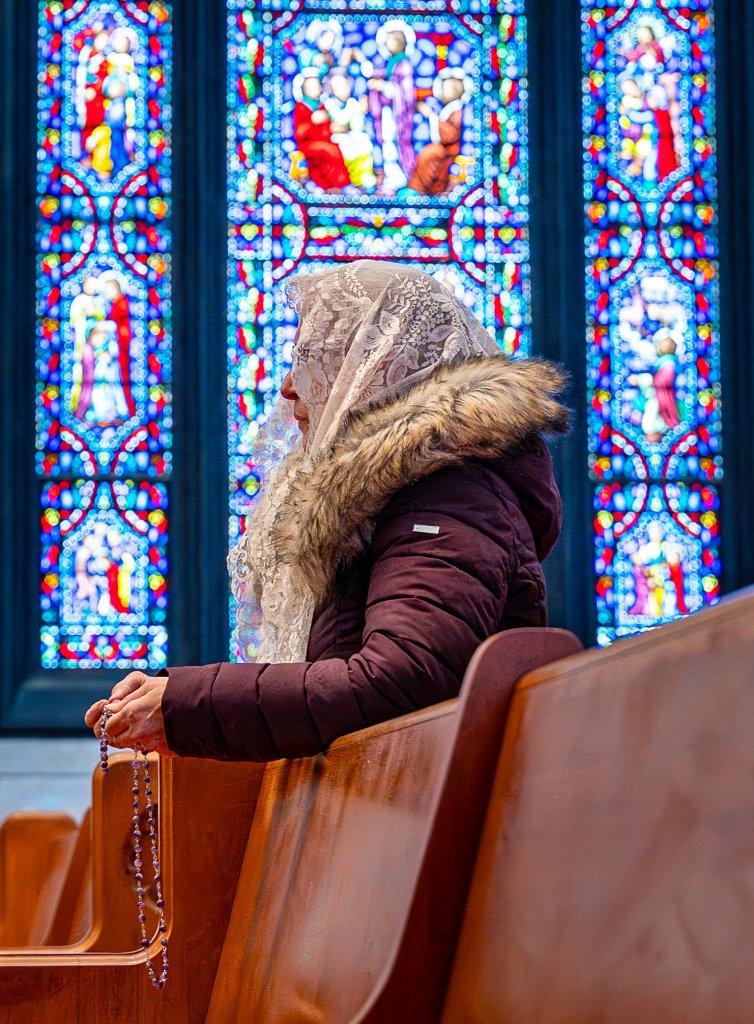Account Subscription: ACTIVE
Account Subscription: INACTIVE
Questions about your account? Our customer service team can be reached at [email protected] during business hours at (207) 791-6000.
You are able to gift more articles this month.
Anyone can access the link you share with no account required. Learn more.
With a Centralmaine.com subscription, you can gift 5 articles each month.
It looks like you do not have any active subscriptions. To get one, go to the subscriptions page.
With a Centralmaine.com subscription, you can gift 5 articles each month.
Loading…
Ray Vensel is president of the Maine chapter of the Freedom from Religion Foundation.
A recent Maine Monitor article (“Maine schools, churches see growing interest in Turning Point USA after Charlie Kirk’s assassination”) has many points worthy of comment.
Among them are Pastor Travis Carey of Calvary Chapel in Westbrook saying that there should not be a gap between politics and the church and Pastor Alan Imes of New Beginnings Church of God saying that churches need to get more involved in the political process.
The context was Turning Point USA and its subgroups. Charlie Kirk’s words, speaking for Turning Point, were well documented in the article. They were in support of replacement theory and against transgender health care, and said that “large dedicated Islamic areas are a threat to America.” He held other opinions that were equally troubling and divisive.
One of Calvary Chapel’s teachings is that the King James Bible is the word of God, without error, and is the infallible rule of faith and practice; also, the Bible supersedes earthly law that is contrary to it.
So, if Pastor Carey’s vision comes to pass, then society would be bound to the principles of one sect, of one religion, according to one translation of one book. Does that sound fair to any other sects of Christianity, or Jews, or any other faiths or non-faiths?
And now add Turning Point to the mix.
Where a single faith mixes with government, censorship, discrimination against minorities and restrictions on personal rights often follow. When the state declares one set of beliefs as official, others become lesser-than.
The First Amendment says that government cannot impose or endorse any particular religion, and cannot prevent people from practicing their own. Supporting this is not anti-religion. Keeping government and belief apart ensures that no single group can dominate others with the power of the state. It protects both freedom of belief and freedom from enforced belief.
A person’s faith, whether it’s supported by religion, philosophy or personal values, is central to who that person is. People can express religious convictions and share their moral values in civic life, but integrating those values should be debated based on shared principles of justice, evidence and human rights, rather than divine authority claimed by one group.
At the same time, government serves everyone regardless of belief. A Christian, a Muslim and an atheist can all live as neighbors, each following their conscience, because the law belongs to none of them exclusively and prevents the tyranny of a minority.
And if a philosophical approach isn’t convincing, let’s try being pragmatic. Consider this: churches do not have to file IRS Form 990. There can be zero transparency regarding their finances. Under new IRS guidance, these churches would be allowed to do more political activity than in the past.
So an unscrupulous political operative (they do exist) could deposit a lot of money for political support of a candidate and the church could do campaign-style work — and that deposit would be tax deductible!
We’d never know how much money was being laundered and by whom, or how much support the government was funding with tax breaks. Merging state and church fouls both.
Belief and government serve different purposes. The former guides the person, and the latter promotes the public good. Keeping them separate benefits both.
We invite you to add your comments. We encourage a thoughtful exchange of ideas and information on this website. By joining the conversation, you are agreeing to our commenting policy and terms of use. More information is found on our FAQs. You can modify your screen name here.
Comments are managed by our staff during regular business hours Monday through Friday as well as limited hours on Saturday and Sunday. Comments held for moderation outside of those hours may take longer to approve.
Please sign into your CentralMaine.com account to participate in conversations below. If you do not have an account, you can register or subscribe. Questions? Please see our FAQs.
Your commenting screen name has been updated.
